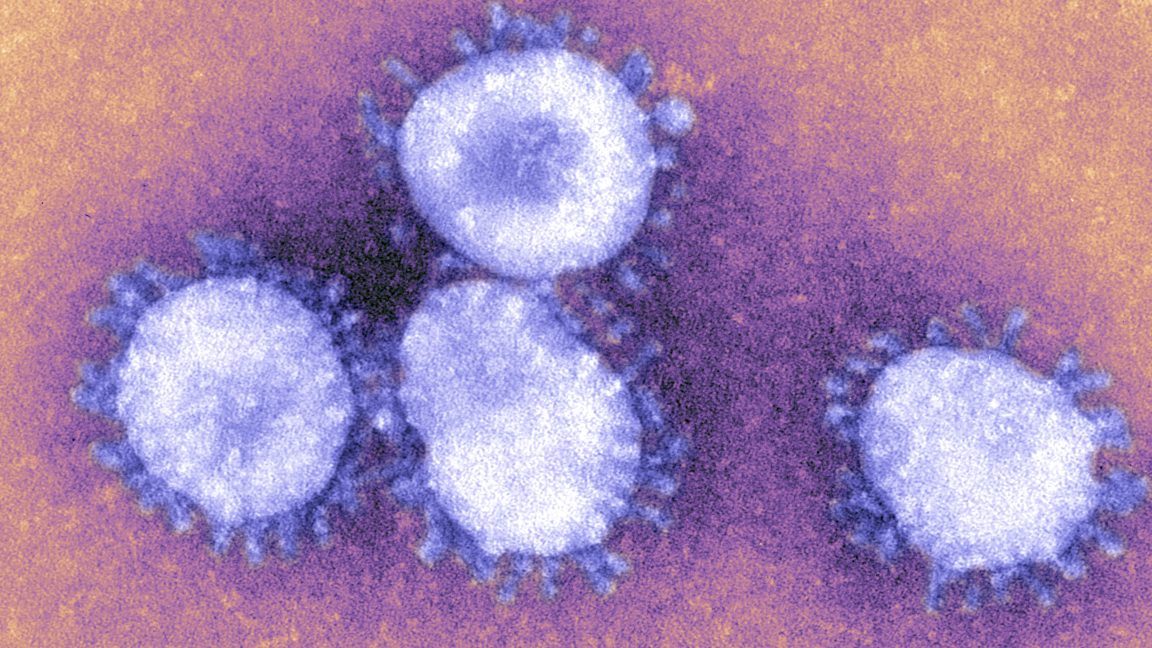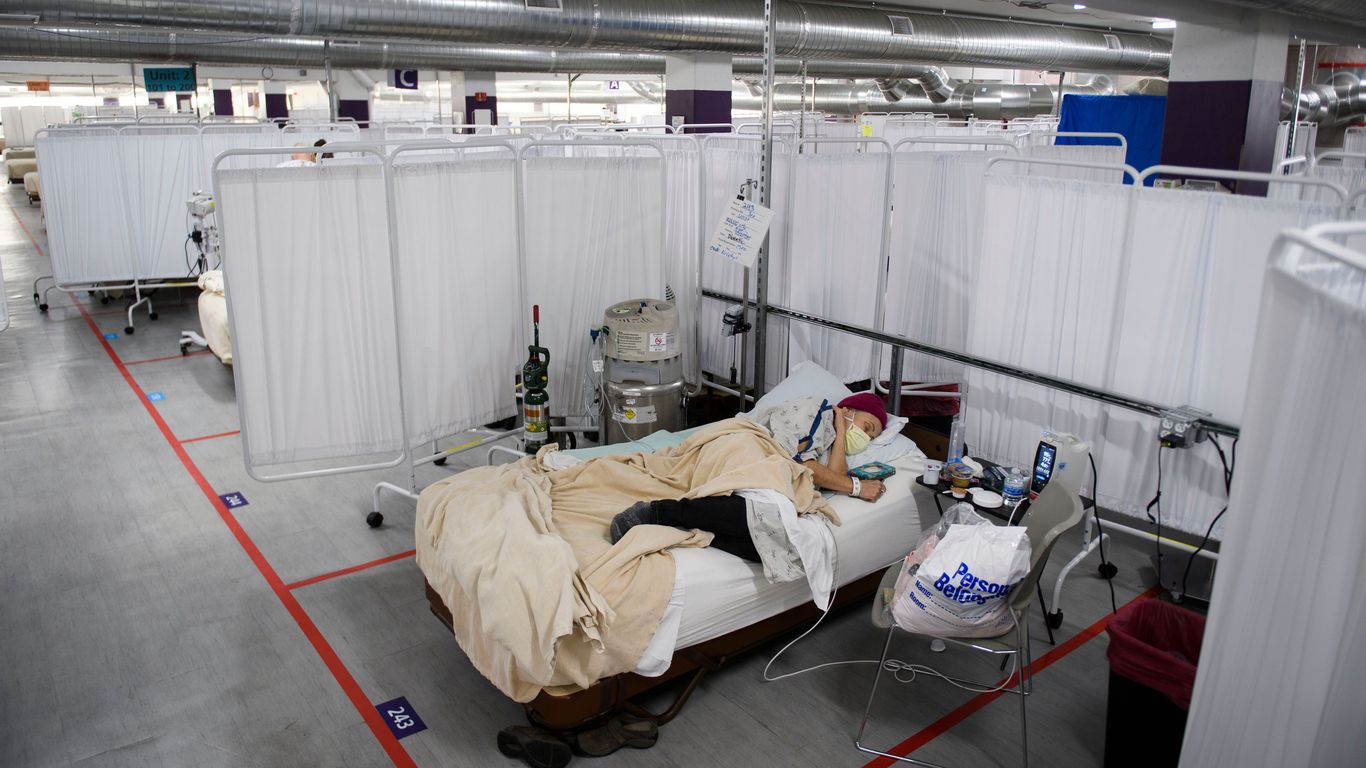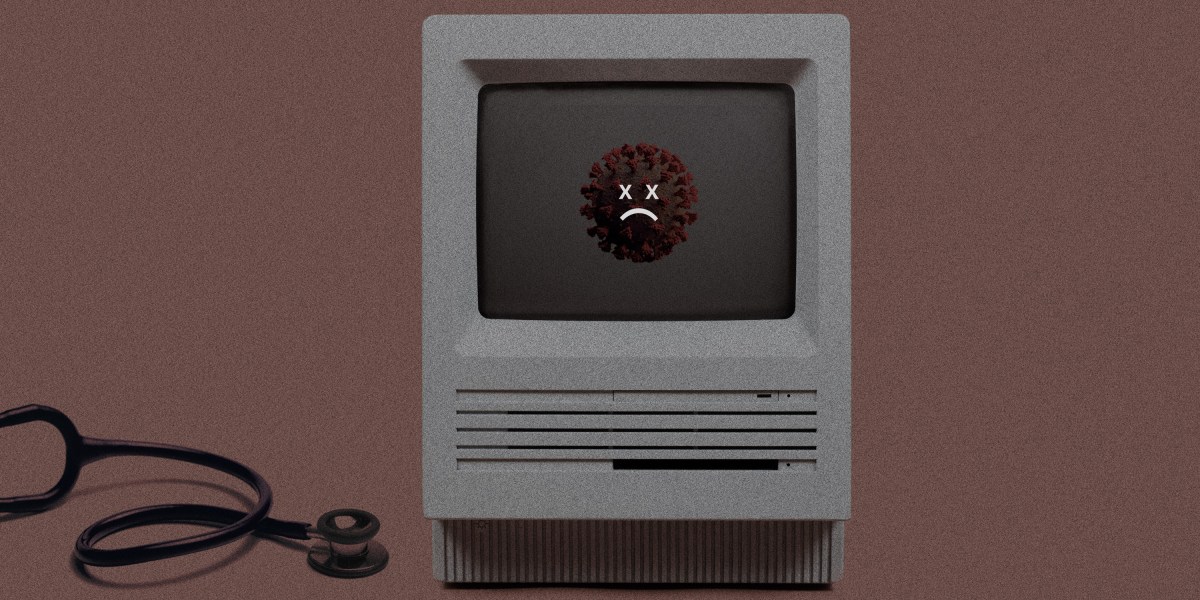The vaccine rollout for seniors has been a complete shit show here in Massachusetts.
Until last week only healthcare professions and people considered high risk could get a vaccine. Last week they expanded it to all seniors.
However, to make an appointment to get a vaccine for seniors was such a burden it was a complete joke.
The only way to make an appointment at a vaccine clinic site as of this time is via the internet. A calling center is coming soon, maybe later this week. Many seniors don't have computers, so they had to rely on their children to make the appointments for them. The state website was described as nearly impossible to use giving you noting but a spinning wheel. Landing an appointment was like winning the lottery. For those who got appointments, it took hours of trying and chances are the appointments they got where not at the closest vaccination clinic. For example, one women has to drive her mother from the Cape to Springfield MA, more than 2 hours a way to get the vaccine because that was the only available option they could get. And this is a common story of people from the western part of the state having to drive out east and those out east having to drive out west. Just crazy.
This leads to another issue. Transportation. Many seniors don't have cars, don't drive or only drive locally. Not to mention many vaccination clinics require you to wait in your car until it is time for your appointment.
Vaccination centers in the cities where there is no parking available on site, thus not having the wait in your car option, saw seniors standing inline outside for up to 2 hours on the coldest day of the year this past Friday with temperatures in the single digits. Many appointments were abandoned yet the line still persisted for those who waited.
This week they hope to have a handle on the lines, reducing the number of appointments per day and telling everyone to not show up early.






